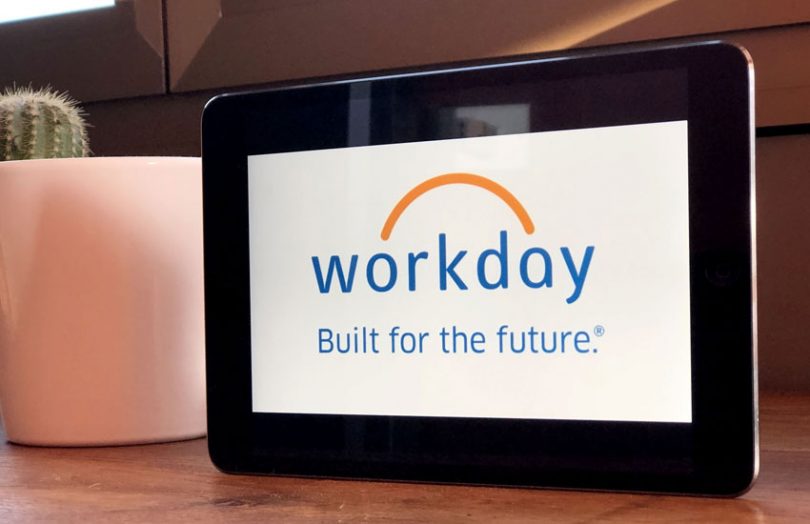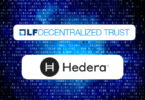U.S.-based Workday has developed a blockchain solution for credentialing employees. Aneel Bhusri, CEO of the human resources technology firm, told CNBC that ‘blockchain is a technology looking for a problem to solve’. But he believes the company has identified one of those.
Workday is listed on the New York Stock Exchange and had revenues of over $2 billion in 2018. As of December 2019, the company has over 3,000 customers and 42 million users. The company offers human capital management and payroll solutions and is moving into accounting.
Bhusri believes blockchain can play a significant role in the management of employee data. The company identified credentialing as a widespread problem in HR functions. Currently, companies ask third-parties to verify the data provided by an employee.
In the hiring process, faking credentials such as college degrees, certifications and work experience are pervasive problems. Conducting background checks is time-consuming and not entirely reliable, as it is relatively easy to fudge data.
A few months ago, Workday launched the beta version of its credentialing platform based on blockchain technology. The platform issues and verifies digital identities, which can be linked to relevant qualifications. The blockchain could be used to check the details of job applicants quickly.
“Employees can go from company to company and carry credentials with them in a private network. It can’t be edited by an outside source,” Bhusri told CNBC.
Meanwhile, Workday has been working on blockchain credentialing for quite some time now. It has contributed to the IBM Job-Creds project with Sovrin. Last year, it acquired the blockchain digital identity startup Trusted Key.
Blockchain credentialing is a hot use case. It’s being used by a variety of firms ranging from PwC in Scotland to vetting foreign nurses to work in the U.S., and railway construction workers in Switzerland. It’s also being trialed by the U.S. Department of Homeland Security to create and verify the digital identities of importers and detect import frauds.
IBM is working with education organizations on a blockchain credentials platform for academic and professional qualifications. Meanwhile, MD-Staff has integrated a blockchain solution to verify the details of health professionals, one of several health-oriented solutions.






